A work of art has no importance whatever to society. It is only important to the individual
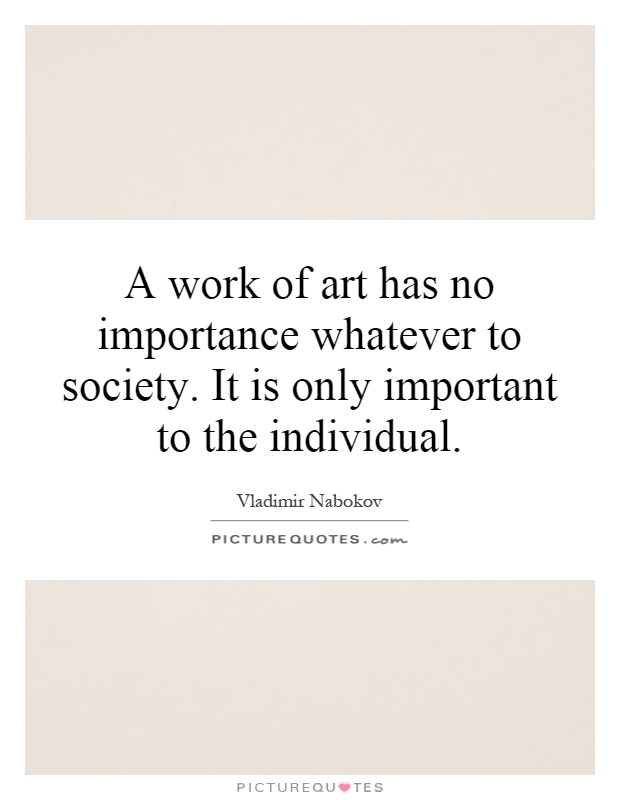
A work of art has no importance whatever to society. It is only important to the individual
Vladimir Nabokov, the renowned Russian-American novelist and critic, had a unique perspective on the role of art in society. He believed that a work of art has no importance to society as a whole, but rather holds significance only for the individual who experiences it. This viewpoint is evident in his own writing, which often explores the subjective nature of art and the ways in which it can shape and transform the individual.Nabokov was a firm believer in the power of art to evoke deep emotional responses and to challenge the way we see the world. He saw art as a deeply personal experience, one that could only be truly appreciated by the individual who engages with it on a personal level. In his novel "Lolita," for example, Nabokov delves into the complex and controversial themes of love, obsession, and morality, challenging readers to confront their own preconceptions and biases.
For Nabokov, the value of art lies in its ability to provoke thought and emotion in the individual, rather than in its ability to conform to societal norms or expectations. He believed that art should be free from the constraints of society, allowing the artist to express themselves in a way that is true to their own unique vision and perspective. This emphasis on individuality and personal expression is a recurring theme in Nabokov's work, reflecting his belief in the importance of artistic freedom and autonomy.
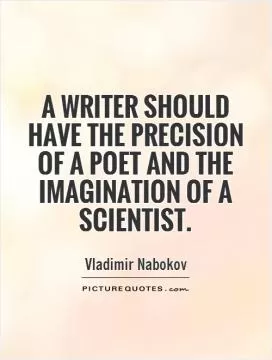

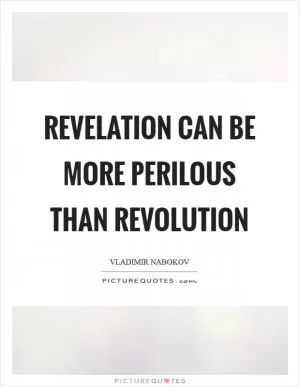

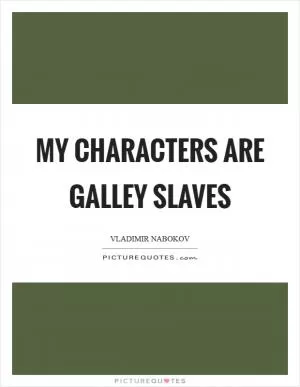

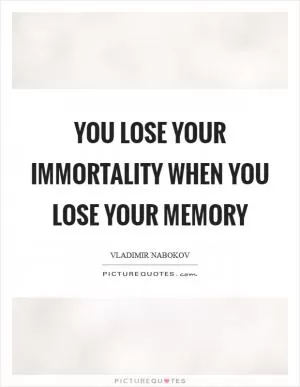
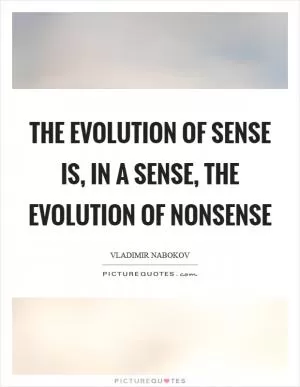
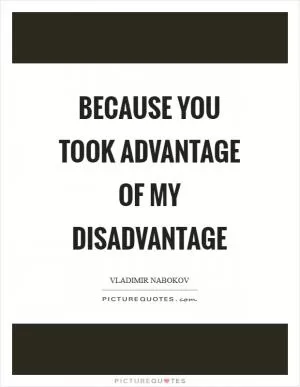

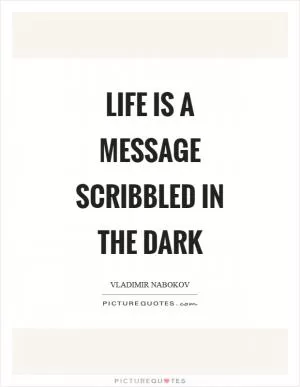
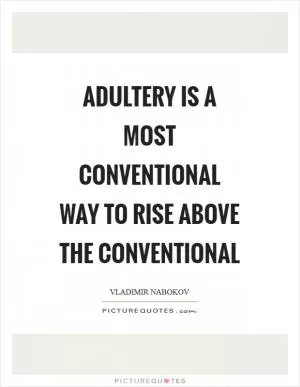
 Friendship Quotes
Friendship Quotes Love Quotes
Love Quotes Life Quotes
Life Quotes Funny Quotes
Funny Quotes Motivational Quotes
Motivational Quotes Inspirational Quotes
Inspirational Quotes